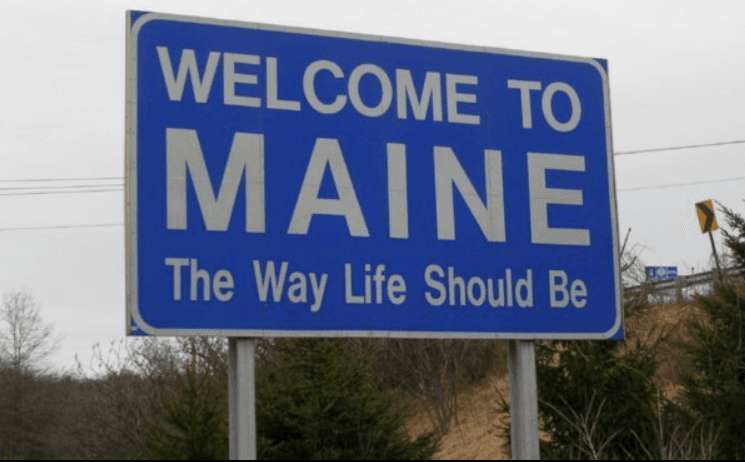Maine Democrats, led by Secretary of State Shenna Bellows, are continuing their long fight to make it harder for people to access and analyze the state’s voter registration rolls.
The battle began in October 2019 when then Secretary of State Matthew Dunlap, a Democrat, denied a request by the Public Interest Legal Foundation (PILF) for a copy of Maine’s state voter registration file and voting histories.





